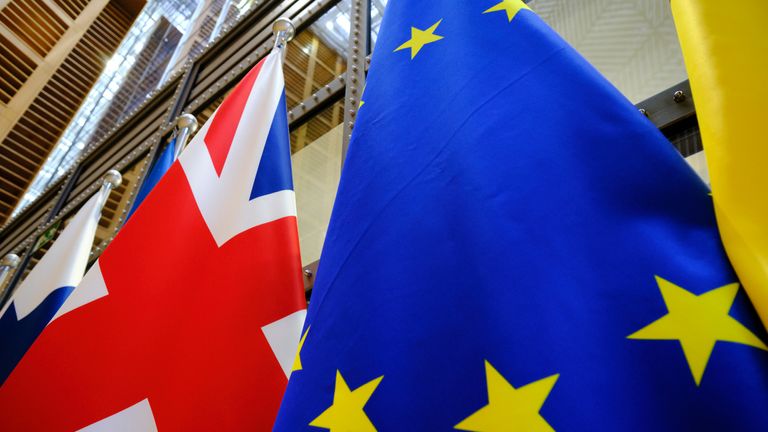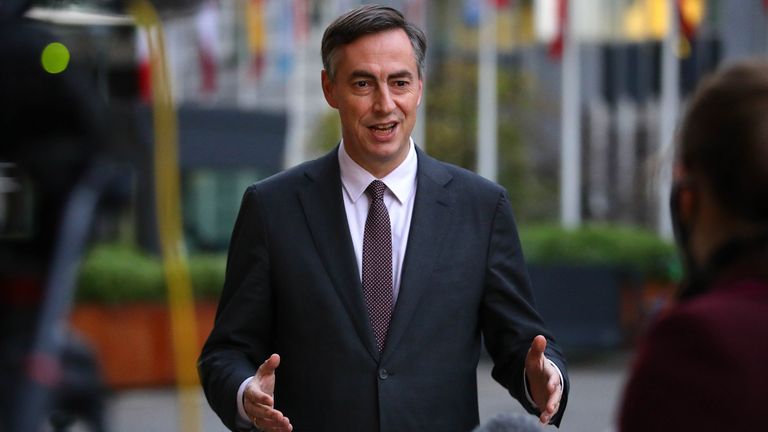British humour, irony and sarcasm is much missed in the European Parliament since the UK left the EU, according to one German MEP.
David McAllister says debates in Brussels are more dull now there are fewer native English speakers in the institution.
The politician told the PA news agency that UK MEPs had "left a footprint" in the European Parliament through their work, but were also missed on an individual basis.
He explained: "We also miss our British colleagues for their pragmatism, and their humour and rhetoric."
It is almost a year since Britain formally left the European Union, following the Brexit vote in 2016.
There are 24 official languages spoken in the European Parliament, however Mr McAllister said English was the common language adopted by most speakers.
He added: "We are operating in a parliament where a lot of English is spoken, but hardly any native speakers are still here.
"We have our Irish colleagues, we might have a few Maltese colleagues, and then we might have a few colleagues from other countries who like me have a British background.
"But we have a lot of political debates in working groups, in committees, in the plenary, speaking English but without the speakers being native English speakers.
"And that means that certain elements of political speech are just less now common here because the British are no longer there - when it comes to humour, irony, sarcasm, using proverbs or other style elements.
"The British MEPs were always at a huge advantage in an open debate because they simply have a better command of the English language."
Subscribe to the All Out Politics podcast on Apple Podcasts, Google Podcasts, Spotify, Spreaker
Mr McAllister said the UK MEPs - who left Brussels following Britain's departure from the EU on 31 January 2020 - had brought "real spice" to the political debate.
The transition period, during which the UK remained in the single market and customs union, ended on 31 December.



